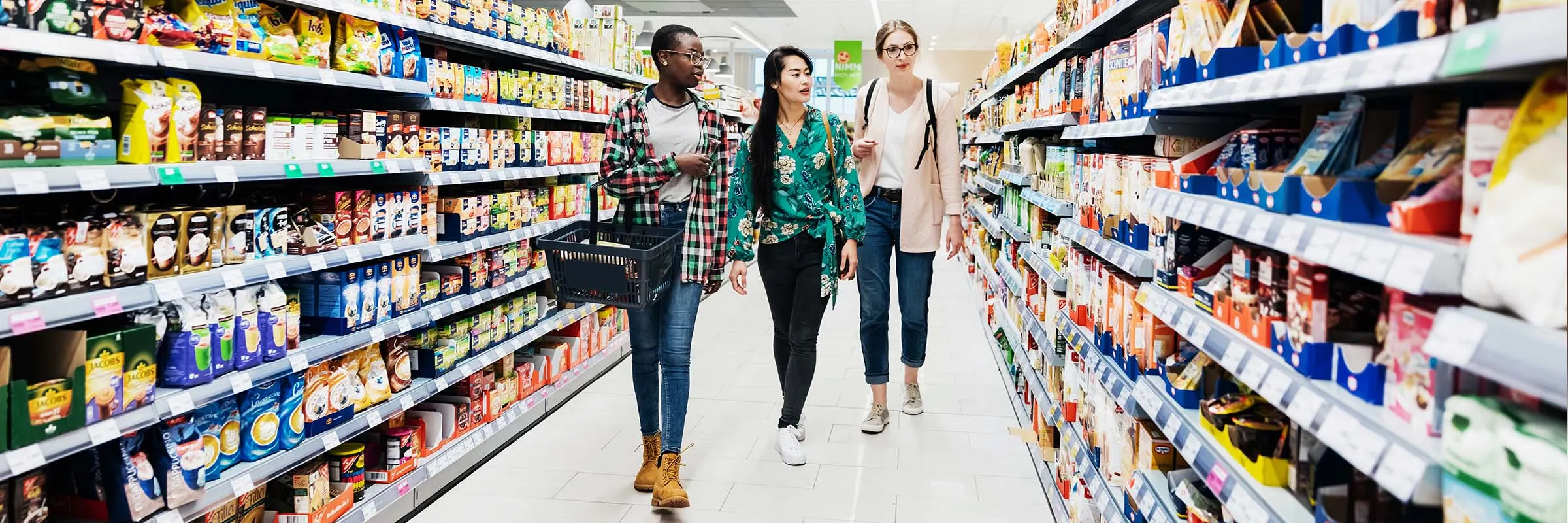Investing in commodities means expanding your portfolio to include raw materials, such as metals, energy, agriculture and livestock — whether through purchasing physical assets or through investing in securities, such as mutual funds or stocks.
The values of these commodities thrive and fall based on supply and demand. For instance, bad weather can affect crop yields, pushing up food prices, while geopolitical events can influence oil and gas prices globally. Investing in a variety of commodities can bring diversification to your portfolio or even act as an inflation hedge.
Common types of commodities
Metals: Includes silver, gold, platinum and copper, essential for industrial production and construction; categorized as hard commodities
Energy: Includes crude oil, natural gas, gasoline and heating oil
Agriculture: Soft commodities encompassing crops, such as corn, beans, rice and wheat, which are vital for global food supply
Livestock: Includes commodities, such as eggs, pork and cattle, all categorized as soft commodities
Supply and demand rule
Supply and demand, a fundamental economic concept, has a strong influence on the price and availability of commodities. Supply refers to how much of a commodity is available on the market and can be affected by many factors, such as drought affecting agriculture goods, while demand refers to consumers’ desire and ability to purchase said commodity.
When it comes to pricing, a standard rule generally applies: When supply exceeds demand, prices typically fall; when demand exceeds supply, prices typically rise.
How to buy commodities
Stocks: Investing in companies that produce or process commodities
ETFs: Investing in funds that expose your portfolio to different commodities or bundles of commodities
Physical commodities: Directly purchasing commodities, like physical gold (called bullion). Note that storage and logistics can be challenging .
You can invest in commodities through a brokerage account, such as Ally Invest Self-Directed Trading, but check which securities are offered.
Read more: Which type of investment account is right for you?
Advantages of investing in commodities
Diversification: Exposes you to different sectors, diversifying your portfolio
Potential returns: Can boost portfolio performance, depending on performance (with any investment, there's always potential risk, too)
Inflation hedge: Commodities may protect against inflation (since commodity prices tend to rise with inflation).
Risks of investing in commodities
Volatility: Global events, such as pandemics or geopolitical tensions, can impact prices.
Economic instability: Declining economic conditions can negatively impact commodities pricing.
Speculative nature: As with any investment, when you're attempting to predict the rise and fall in market value, especially for single stocks, there's an inherent level of risk if you're wrong.
Incorporating commodities into your portfolio
Depending on your goals and risk tolerance, you can invest in commodities through mutual funds and ETFs, or even via individual stocks. The choice depends on your goals and risk tolerance. Certain mutual funds or ETFs might be suitable for those seeking lower risk. In summary, commodities may offer diversification, potential returns and an inflation hedge, but they come with risks, such as volatility. Understanding these factors can help you decide whether commodities deserve a place in your investment portfolio.



